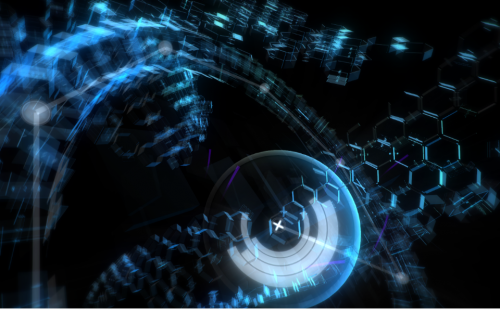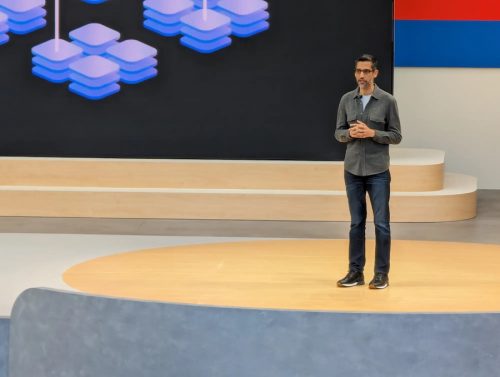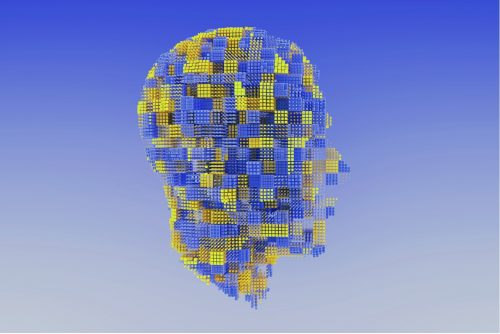There has been speculation of the AI future, many of which were the visions of AI taking over the human world. Recently, Michael Sulmeyer and Kathryn Dura said otherwise in their work on AI.

Michael Sulmeyer – Director of the Cyber Security Project at the Harvard Kennedy School’s Belfer Center for Science and International Affairs and Kathryn Dura – Joseph S. Nye, Jr. Intern for the Technology and National Security Program at the Center for a New American Security expressed their view on the potential of AI in contrast to visions of AI in science fiction. They believe in “AI’s potential effects in cyberspace not by facilitating attacks but rather improving cybersecurity”.
One of the most common features of cyber defense is related to situational awareness, which is a field where AI has more advantages. In order to execute a cyberattack, the attacker will know the system well. However, when the system is run by AI, “with the right combination of data, computing power and algorithms, AI can help defenders gain far greater mastery over their data and networks” – said Rob Joyce Former White House Cybersecurity Coordinator.
Another cybersecurity challenge that AI can easily handle is the prevalence of code reuse. Coders do not usually write their own code from scratch, which is efficient but risky due to the lack of accountability for the integrity of the code. AI could help companies identify errors in code and come up with alternatives.
It is necessary for people, especially policy makers, to carefully consider the advantages of using AI for security, since this could be a major advancement for the military. A long-term strategy for AI development should be worked on to prevail against adversaries in both physical and cyber realms.










